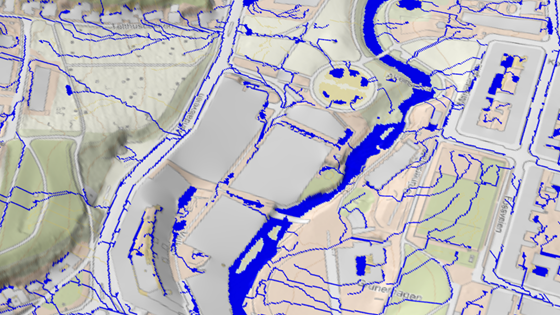
SUrbArea
Reducing societal risk in a changing climate using nature-based solutions in sustainable urban area development

Reducing societal risk in a changing climate using nature-based solutions in sustainable urban area development
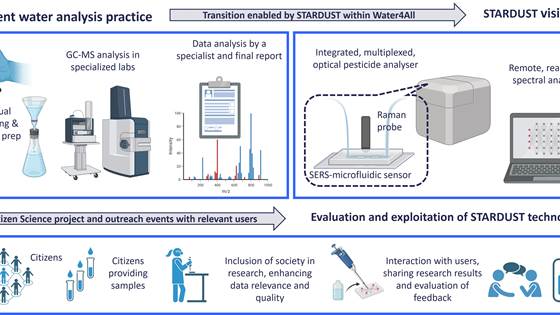
The aim of this project is to develop a unique optical system to monitor pesticides in water. Combined with passive sampling and Citizen Science we aim at understanding the impact of extreme hydroclimatic events on the occurrence and persistence of...
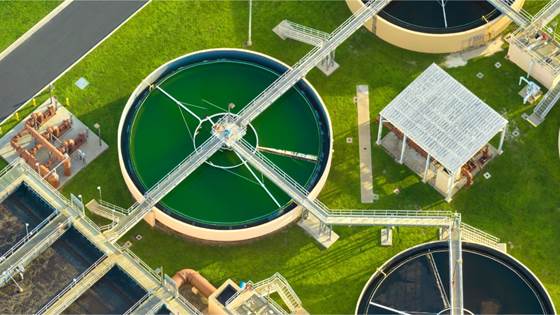
A rEVOLUTIONary approach for maximising process water REuse and REsource REcovery through a smart, circular and integrated solution
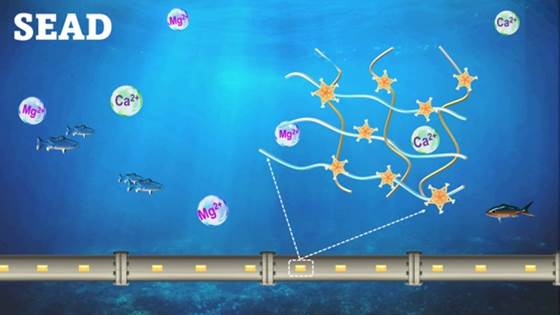
The SEAD project will explore the potential of plant-inspired pyrogallol-based compounds as adhesion anchoring sites.
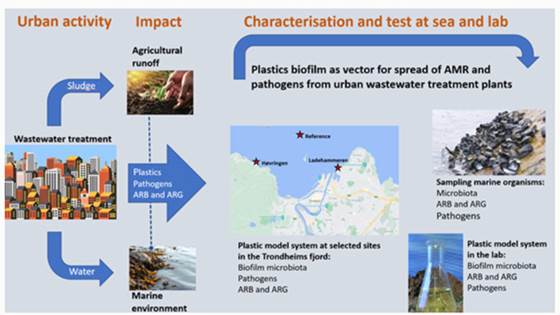
The PlastiSpread project studies the role of the microbial community in biofilms associated with marine plastics, and how they are influenced by variations in urban WW discharges.
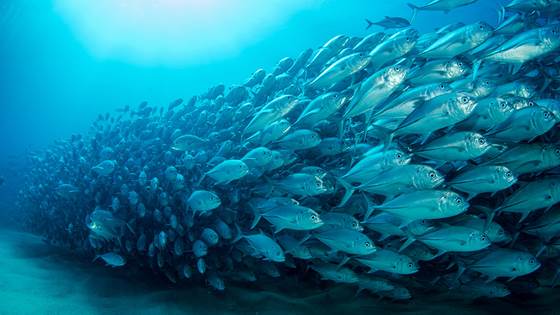
Food fraud threatens food safety, public health, and the effective functioning of market forces in the food sector. The EU co-funded project WATSON aims to reduce the risk and frequency of this type of fraud in the European market.
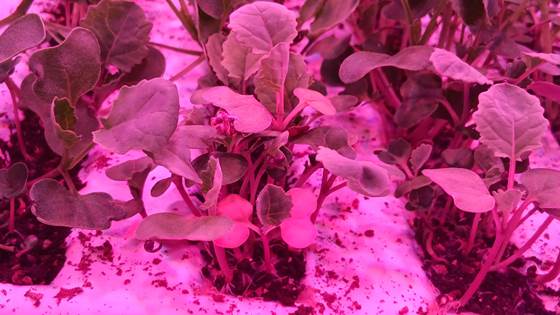
In Nutricycle we develop a technology for recycling nutrients from the waste water produced by land-based aquaculture, to a hydroponic plant-based fertilizer for vertical agriculture.
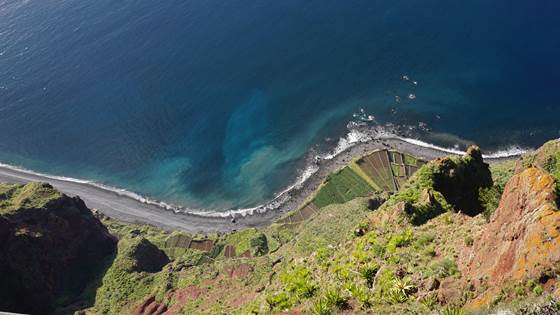
CLIMAREST is an EU-funded research project consisting of 18 partners from along the length of the European coastline. The project belongs to the EU Mission Restore our Ocean and Waters, and is a member of the Lighthouse for the Arctic and Atlantic...
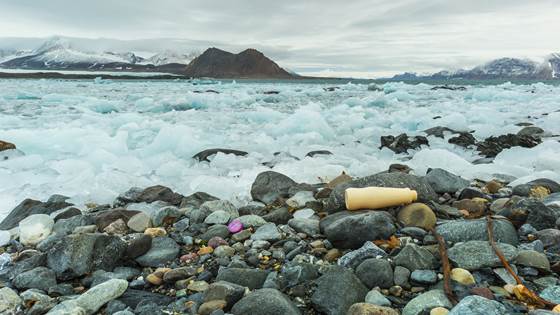
The main objective of GOMPLAR is to describe, compare and analyze two regional international regulatory and governance frameworks addressing marine plastic litter in order to draw conclusions for possible solutions in the Arctic, seeking synergies...
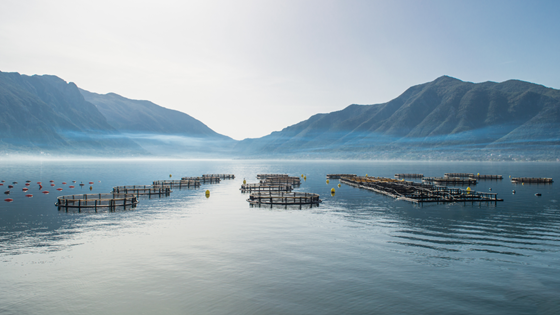
Compareit addresses how new production systems should be regulated, administered, and where they could be best located, which are highly relevant questions for a sustainable development of the industry that safeguards other societal interests and...
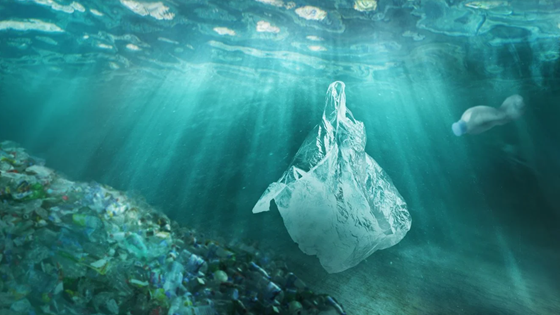
PLASTICENE will build new knowledge and address processes important for increased plastic circularity and effective plastic waste management with the aim of supporting improved plastic material utilization and protecting the environment from plastic...
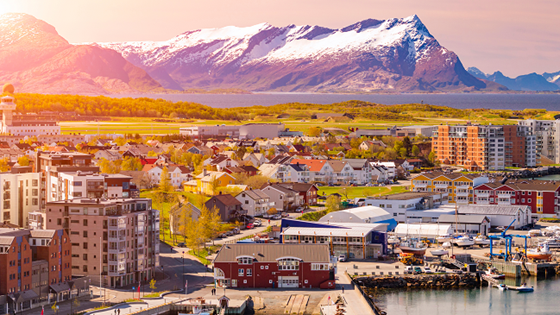
Climate change and economic and population growth can lead to water scarcity and increasing water demands in coastal areas. To tackle these challenges, B-WaterSmart develops and demonstrates smart technologies and circular economy approaches.
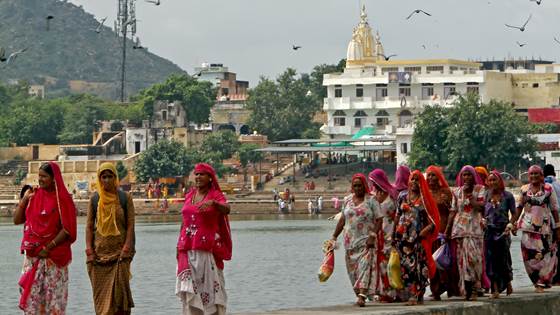
Pollution of water and groundwater is a key environmental issue in India. Several states have reported fluoride contamination of water, and others have found traces of arsenic and carcinogenic pollutants.
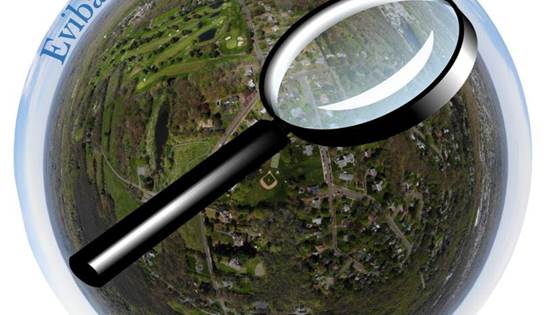
Evidence based assessment of Natural Water Retention Measures (NWRM) for sustainable water management
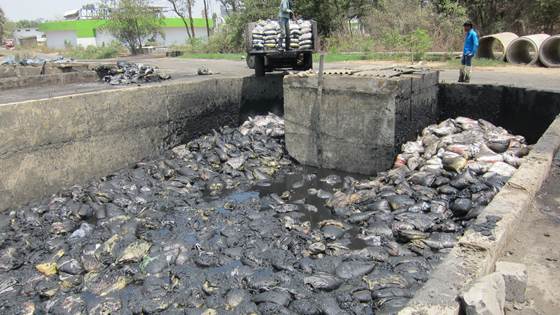
Ocean Plastic Turned into an Opportunity in Circular Economy
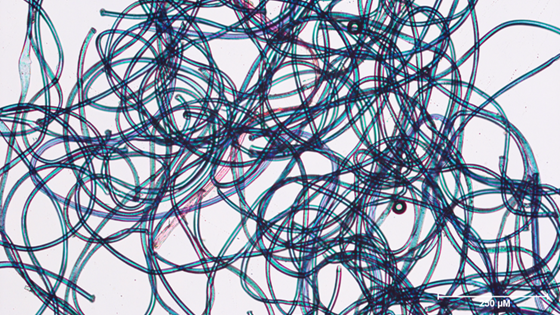
To understand the environmental behaviour and impacts of microplastic fibres (MPFs) in order to develop a decision support framework that enables garment manufacturers to make environmentally informed choices in their material selection.
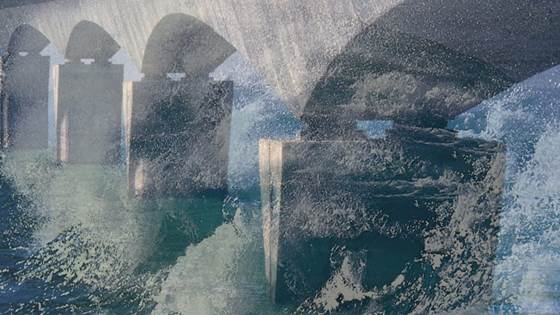
The main goal of the LORCENIS project is to develop long lasting reinforced concrete for energy infrastructures under extreme operating conditions.
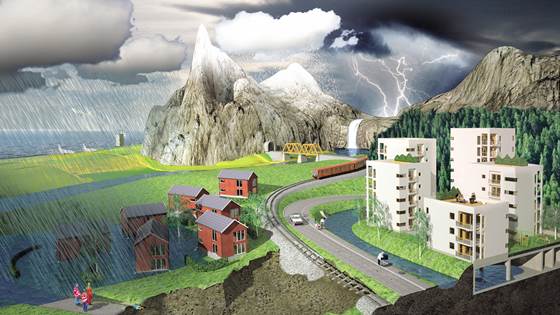
Risk reduction through climate adaptation of buildings and infrastructure